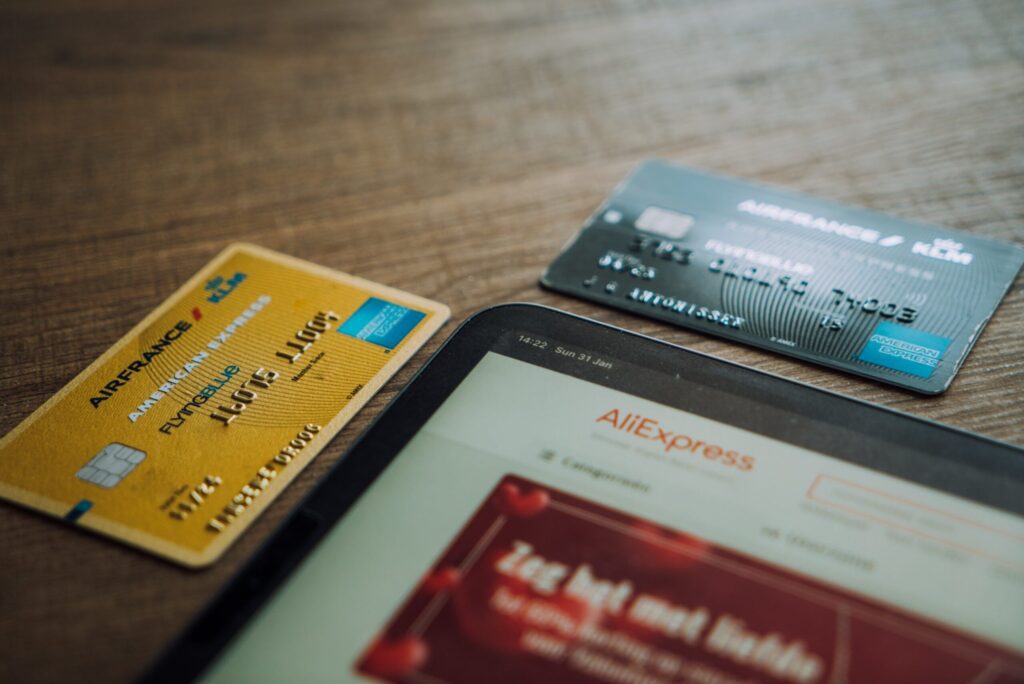The logic behind student loans is a good one. The government invest money in you via student loans so that you can take the further education you need. Theoretically, this will enable you to secure a job, most often with a higher salary than without the education. You can then repay your student loan debt while you are earning, and you can pay your taxes. It all makes sense doesn’t it? So, what if you cannot repay your student loan debt? What if you cannot find employment once you have finished your studies? What if making your repayments is all made more difficult by the rising cost of living and increasing interest rates? In this article, we explore the consequences of not paying student loans, and how to gain student loan debt relief if you need it.
What types of student loan are there?
The first step is understanding which student loan you have, and what is funding your studies including any expenses and living costs. Generally speaking, there are two primary types of student loan – a government guaranteed student loan, and a student line of credit. Here is the difference between the two:
Government guaranteed student loans
Government guaranteed student loans are those that come from the government (federal or provincial) in order to offer financial support for students. This includes OSAP loans.
Student lines of credit
Student lines of credit through banks or other financial institutions are not the same as government funded student loans. They are actually considered private student loans, and are most often used to finance education when government student loans are insufficient.
What are the consequences of not paying student loans?
Much like not paying other forms of debt, there are serious consequences of not paying student loans. Not paying your student loan debt can lead to impact on your credit report, and also the involvement of collection agencies. Below, we cover the consequences of not paying student loans.
Collection agency involvement
If you fail to make payments on your student loan for nine months, you will find yourself in default. When you are in default, your student loan will be sent to the Canada Revenue Agency for collection. Unlike other creditors – including private student loan lenders – the CRA has unrivalled powers when it comes to collections. They can take action including wage garnishment and freezing your bank account. They do not even need to get a court order before doing so. The CRA can even withhold your tax refund to put towards your student debt. On the contrary, if you stop paying off your private student credit card or line of credit, your lender will likely get a collection agency involved. This will mean collection calls, letters, and occasional visits by collection agents looking to reclaim their money. If you had a cosigner on your student loan, the lender will also likely contact them repeatedly to encourage them to repay the debt owed.
Impact on credit report
Canada Student Loans will typically report student debt to credit reporting agencies, including Canada’s two primary credit bureaus – Equifax and TransUnion. When they do, Canada Student Loans will appear on your credit report as an instalment loan. Private student loans including student lines of credit or credit cards will appear as revolving credit, as you only need to make your minimum payment each month for these kinds of loan. If you miss payments or are late to make student loan payments, your credit score will naturally be affected negatively. Equally, if your student loan account is in default or collections, this will also be reported to the credit bureaus. It will remain on your credit report for up to six years after the last action was taken.
Debt statute of limitations
You may be wondering when your student loan debt will disappear. Unfortunately, unless you file for student loan debt relief, it will never disappear. The type of student loan debt you have – either private or government – will determine the consequences of not paying student loans that you face. Each type of student loan debt has different kinds of enforcement on collection. If you have a private student loan, you will face provincial statute of limitation laws. For instance, in Ontario, if you have not acted on your student credit card or line of credit for two years, your debt can essentially become ‘too old’. This helps your defense should a lawsuit or wage garnishment arise. If there continues to be no activity, these debts would eventually become removed from your credit report after six years. While collection agencies will likely continue to contact you, legally you are not compelled to repay your debt past the limitation period. As for government student loans, there is no limitation period for collections. There are only two ways to not pay government student loans in Canada – by filing a consumer proposal or a bankruptcy. In Ontario, for example, if you owe Ontario Student Assistance Program (OSAP), the CRA will exercise all its collection powers until your student loan is formally discharged via a legal form of debt relief, or paid off in full.
What are your options for student loan debt relief?
Thankfully, no matter how bad you may think your student loan debt is, there is always a solution. At Spergel, we are here to help, and have helped over 100,000 Canadians over the last thirty years. Here are the most popular forms of student loan debt relief if you are struggling to make your repayments.
Voluntary renegotiation
Voluntary renegotiation is a good option if you are able to repay your student loan in full, but need to pause on making your payments for a short period of time. In order to arrange a voluntary renegotiation, you should contact your student loan lender or Canada Student Loan and ask to negotiate new payment terms that are manageable for you. You may wish to ask them to reduce your monthly payment temporarily, or to permanently extend your repayment period. If you need temporary relief, you can request interest-only payments for up to a year. For a more permanent measure, government student loans can be extended up to a fifteen year repayment period. Where private student loan lenders are concerned, you may be able to request a reduction in your interest rate.
Canada Repayment Assistance Plan
If you have a government guaranteed student loan, you may well be eligible for the Canada Repayment Assistance Plan. Dependent on your income and the size of your family, your monthly payments may be reduced or even eliminated. You could also obtain a payment deferral, or gain interest relief. In order to meet the eligibility criteria, you must live in Canada, have left your studies for a minimum of six months, and not be in default on your student loan. Although the Canada Repayment Assistance Plan does not eliminate your student loan debt, it can offer relief from payments for graduates who have an income that falls below the threshold.
File a consumer proposal
An increasingly popular bankruptcy alternative, a consumer proposal is a legal form of debt settlement that is able to reduce your unsecured debt by up to 80% while enabling you to keep your assets. This also applies to student debt if you meet the ‘seven year rule’, whereby you left your studies at least seven years ago. Even if you did not, a consumer proposal may still clear your other debts to free you up for paying off your student loan debt. In order to file a consumer proposal, you need a Licensed Insolvency Trustee. Licensed Insolvency Trustees are the only professionals in Canada legally able to file all forms of debt relief in Canada. They will review your financial circumstances and recommend the best pathway to financial freedom for you.
File bankruptcy
Bankruptcy is the legal process of assigning any non-exempt assets to your Licensed Insolvency Trustee in exchange for the clearance of your unsecured debts. Much like a consumer proposal, government student debts are eligible for discharge in line with the Bankruptcy and Insolvency Act if you finished your studies at least seven years ago. If you can prove that you are undergoing financial hardship, this time period can be reduced to five years. A stay of proceedings is triggered by filing bankruptcy, which offers full protection from your creditors.
If you are worried about the consequences of not paying student loans, book a free consultation with Spergel. Our experienced Licensed Insolvency Trustees have been helping Canadians on the journey to debt relief for over thirty years, and will help you with student loan repayment reduction. We will explain all of your debt relief options to help you clear your student loan debt.



















